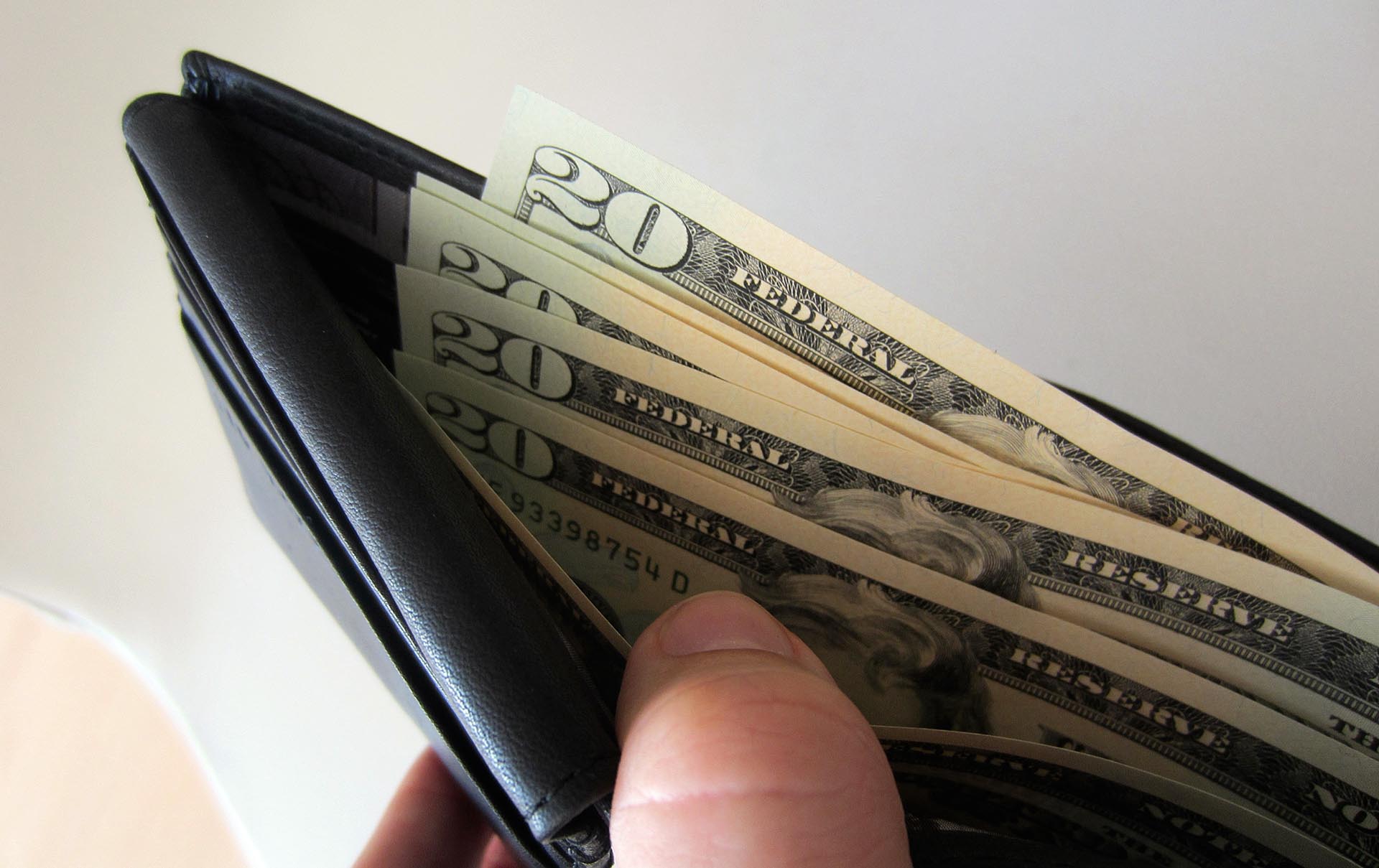Keeping track of how much you spend can be a great way of stopping yourself from becoming indebted. This can be beneficial both in your personal life and if you run your own business. Finding ways to keep an eye on the amount you spend, no matter the payment method, can help you stick within a daily or weekly budget.
On top of this, looking at where your money goes can help you to identify any problem factors that may lead to overspending.
Card Payments
Card payments can be incredibly convenient, whether you make a payment online or use a credit card terminal within a store.
Some of these might involve personal purchases for your home or family, but others may be run through a business account, such as buying materials from a supplier.
Keeping these cards separate, so that you don’t use personal money for your business, or vice versa can be a good place to start.
You may also want to keep your money in a savings account, only transferring your allocated spending money to your main account.
This way, if your card is declined, you know you need to put some items back, rather than finding out later that you overspent.
Cash Payments
Paying by cash can be a great way to stop yourself from spending too much money.
Unlike with using a card, you will be able to see exactly how much you have in your wallet, so when it runs out, you know that you have reached your limit for that day or week.
However, one of the downsides of using cash is that there is no means of getting it back should it become lost or stolen.
This is another reason why leaving excess money in your account or secured at home, can be preferential to taking it all with you at once.
Spreadsheets
When it comes to any type of spending, you might also want to create an expense spreadsheet each month.
This can allow you to view how much money you gained that month, from work, support payments, or even a pension, and then compare it to your outgoing costs.
Extensively listing everything that you spent money on, from large mortgage or rent payments, right down to a single pack of gum, can help you see how you allocated your money.
You may find that a disproportionate amount went on frivolous items, such as expensive coffees, or because you kept forgetting your lunch.
From here, you can then figure out what needs to be worked on, what to try and avoid spending on, as well as potentially what caused you to spend excess money in the first place.
Tracking each of your spendings doesn’t mean you need to stop buying luxuries or to save every single bit of money you have.
Instead, it is about making sure that you are using your money sensibly, paying bills and putting savings aside, having some fun, and making sure that you reach your next paycheck without struggle.

